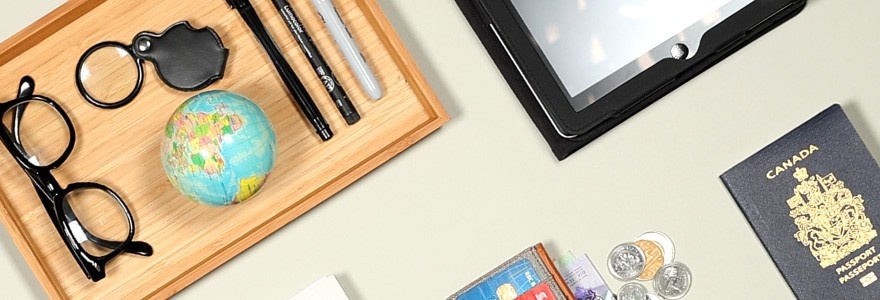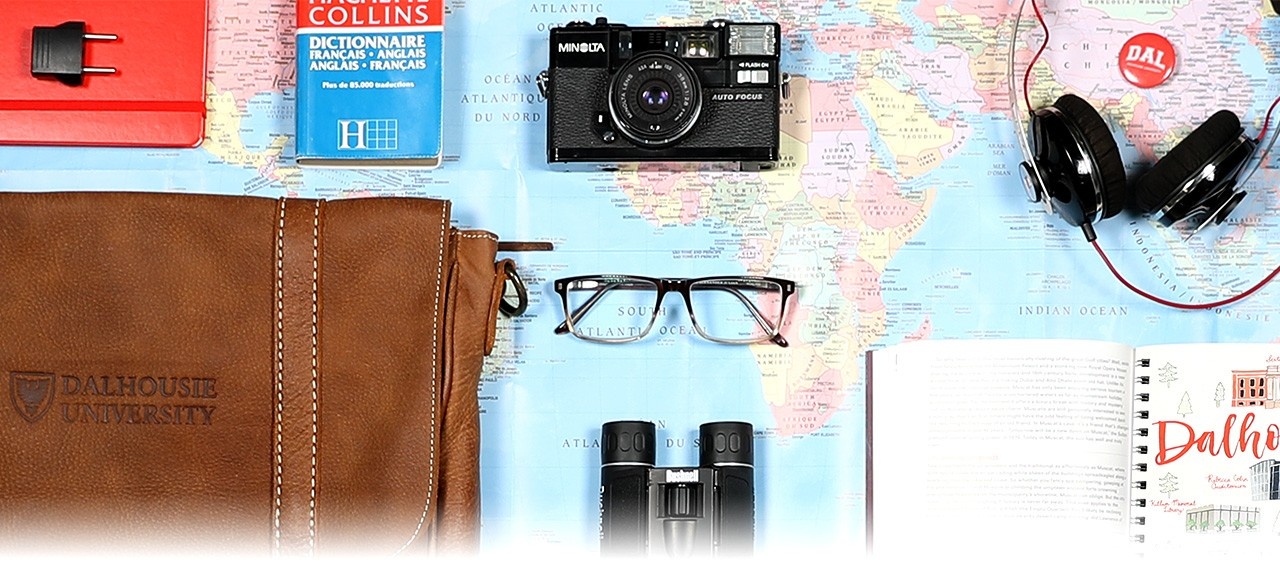Coming home

Ìý
Welcome home! We hope your time abroad was an incredible experience.
Returning to Canada, and Dalhousie, can often be a difficult process.ÌýÌý
Much like you how you had to adapt when traveling abroad, you now have to adapt to life back at home. You've grown, changed perspective, learned about yourself, learned new skills, and made new connections. You've seen and experienced things your family and friends back home have not, and you may feel alienated or alone. You may have ups and downs. One day you're excited about sharing and the next you may feel bored, frustrated, or out of step in your old relationships. It is important to note that while difficult, it is normal to experience this.
Transition to life back home
Here are some suggestions that might assist you as you settle into life back home:
Get involved in the Dal community
There are numerous ways to share your international experience with others:
- Volunteer as a Peer Ambassador: Students are always interested in studying abroad and love hearing from others who have had a similar experience. Share your story and inspire others to see the world!
- Volunteer with the International Centre: The Centre hosts a multitude of special events and programs. Join the fun and share your love for all things international!
- : There are many established cultural societies that you could join. Or, if you want to celebrate and share with others a particular culture that is not represented on the list, you can create a new club or society!Ìý
- : Swap stories and share your love for travel, or stay in touch with others who have also participated in a Dal International Learning Experience.
Enroll in courses with an International focus
TheÌýlearning doesn’t need to stop because you’ve returned home.
- The Intercultural Communication CertificateÌýhelps you develop skills to communicate across cultures.
- Ìýthat can enhance language skills and provide you with a globalized perspective on a wide variety of topics.
Consider another International Learning Experience
You are not limited to just one program!
- Check out our Current Opportunities: If it fits into your degree program nicely and you have not maxed out on the number of transfer credits Dalhousie will accept, it is possible to study abroad more than once. (View page 36 in the Ìý[pdf 2.1 MB] for more information on transfer credits).Ìý
Take advantage of university supports
Dal has a number of excellent resources to help with your transition back home.ÌýStudent Health and WellnessÌýoffers personal counselling andÌýCareer ServicesÌýcan support you in building a resume and cover letter that highlights your international experience to potential employers.Ìý
The Logistics of Your Return
It is important to check in with your program coordinator or supervisor to determine if there are any program requirements to complete after returning to Canada. In addition, please consider the following:
- Credit transfer:ÌýIf you participated in aÌýUniversity-WideÌýexchange program, the host institution will send a copy of your transcript to us for processing after your program is completed. Please check with your host institution before leaving to ensure a copy of your transcript is sent to the Dalhousie University International Centre. Participants of all other International Learning Experiences will need to obtain an official copy of your transcript and forward it to theÌýDalhousie Registrar OfficeÌýfor processing.
- Copies of transcripts:ÌýYou will need your own personal copy of host institution transcripts if you plan to apply to graduate school, medicine, and other similar programs. Request this transcript early, as it can take quite some time to reach you via postal mail.
- Students who received International Learning Experience funding are required to report on the experience.ÌýA list of reporting options can be found on page 12 of our (pdf 337 kb).
- Students completing Global Health Electives are required to submit a Ìý(pdf 350 kb).ÌýÌý
